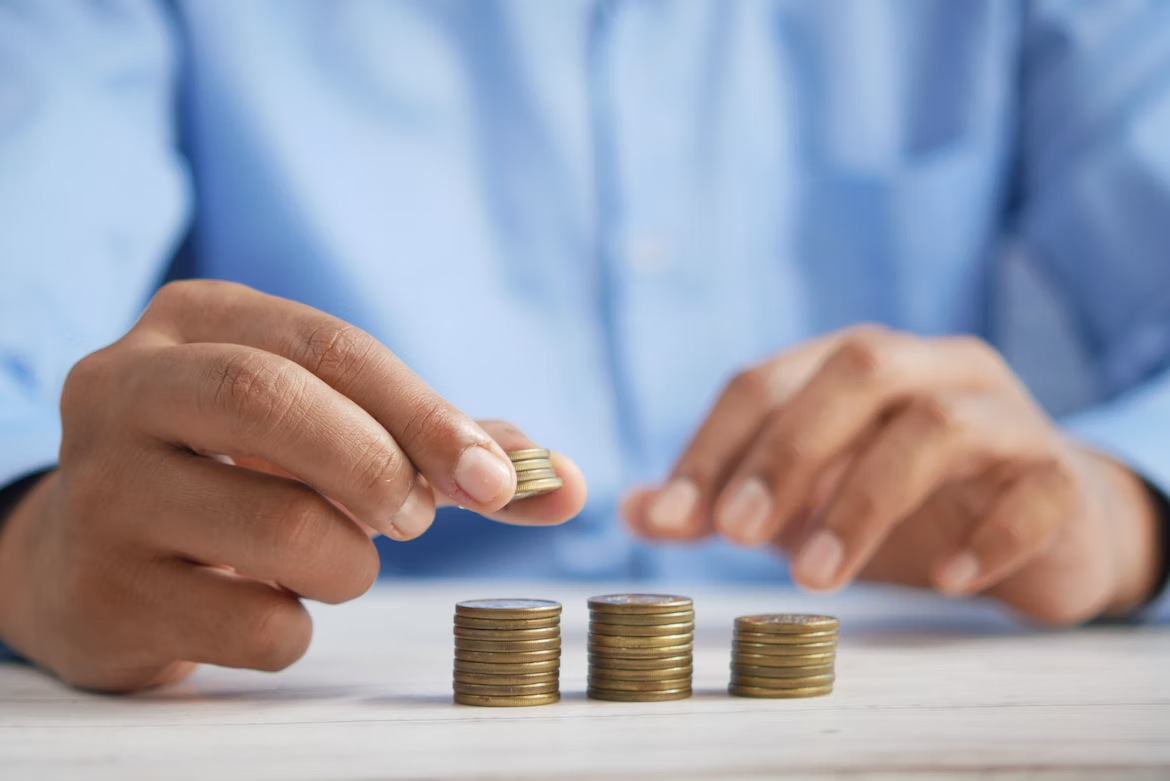Navigation auf uzh.ch
Alexander Wagner on the resilience of sustainable investments

Do Sustainable Investments Perform Better in Times of Crisis?
The expectation is clear: sustainable investments should outperform the market in times of crisis. But that is precisely what was not evident in Russia's attack on Ukraine. This must be an incentive to identify the resilient companies with clearer factors.
At a conference hosted by the Swiss Finance Institute together with Swiss Sustainable Finance and Building Bridges in Zurich in early October 2022, I asked the audience - primarily practitioners from the finance industry with an interest in sustainability - two questions. First, I asked participants to name the next major crisis (from a list of about ten choices). Second, I asked them to estimate whether ESG investments - those that pay particular attention to environmental (environmental, "E"), social (social, "S"), or governance (governance, "G") issues - would outperform or underperform the market in that crisis.
Disagreement about the next big crisis
The trends that emerged from the results of the 120 or so votes cast were interesting: first, there was great heterogeneity among the participants. 17% saw a war with a nuclear power as the next big crisis, 17% extreme weather, 15% a major cyber attack, 13% debt, 13% erosion of social cohesion, 8% galloping inflation, 6% sudden loss of biodiversity, 1% psychological health, 1% another pandemic. No one chose the "other" category.
Although participants were a relatively homogeneous group, views were extremely diverse, at least in terms of the most important next crisis. So it's incredibly difficult for both policymakers and companies to prioritize.
We are in a situation of real uncertainty, not just a situation of risk. Risk means a situation where the probabilities of possible events occurring are known. Real uncertainty occurs when we do not know the probabilities of occurrence and the possible events at all.
The last three years illustrate the problem. Of course, there were (even loud) warnings of a pandemic somewhere (not least by Bill Gates, who basically has a big mouthpiece). But this is only clear ex post. Ex ante, on the other hand, i.e. before the outbreak of the pandemic, this was not so present. For example, in the World Economic Forum's (WEF) Global Risk Report, which appeared in early 2020 - just before the Covid 19 pandemic broke out - it is clear that few decision makers in the survey at the time considered a pandemic to be both a likely and relevant risk. And of course, a Russian invasion of Ukraine was not a complete surprise per se, certainly not since the 2014 events in Crimea. But again, the WEF's Global Risk Report, which appeared in early 2022 - just before the war broke out - hardly mentioned war as a key risk.
This is not an accusation against the decision-makers who were interviewed, but reflects the reality that decision-makers cannot keep all known and unknown crises in mind at the same time with the same intensity. One is always wiser after the fact.
Consensus on the role of sustainable investment....
How was the second question, how ESG investments would perform in the context of the next crisis, answered by conference participants? It is clear that ESG measures are very diverse and have little correlation. Also, as mentioned, the participants had very different crises in mind. This makes it all the more impressive how clear the result was: 60% expected ESG investments to perform better or much better than the market, 28% equally well. Only 12% expected ESG investments to perform worse or much worse than the market.
...but no clear empirical picture on the resilience of sustainable investments.
With this question, it is worth looking at the empirical evidence on the performance of ESG investments in times of crisis. There are an incredible number of studies on the long-term performance of ESG. These come to quite different conclusions depending on which factors are controlled for and how. But in today's environment, the primary interest for many investors is not performance in average situations over long periods of time, but whether companies that receive high ESG scores are more resilient when crises occur.
Why would this be so? One theoretical argument is that customers and employees trust more sustainable companies, and that trust is especially important in times of crisis. Accordingly, investors would also appreciate this.
In the last 15 years, three crises in particular have received a great deal of attention: The 2007/08 global financial crisis, the Covid-19 crisis, and the Russia-Ukraine crisis. In the global financial crisis, there is indeed evidence that companies with high ESG scores performed better than otherwise similar companies (see, for example, the work of Lins, Servaes, and Tamayo 2017). It is important to note, however, that at that time the sample of companies for which ESG scores were available was still relatively small.
The Covid 19 pandemic was a big shock to a large number of companies. In addition to the obvious factors (such as industry affiliation) and hard factors (cash holdings and low debt), some studies also found some "softer" factors to be important. For example, Albuquerque, Koskinen, Yang, and Zhang (2020) provide evidence that stocks of U.S. companies with high environmental and social (ES) ratings outperformed during the market turmoil in February/March 2020.
However, these results or their interpretation have also been critically challenged. First, Demers, Hendrikse, Jos, and Lev (2021) argue that ESG ratings do not remain significant determinants of stock returns during the crisis if one also controls for differences in firms' intangible assets. Second, given the known discrepancies among ESG valuations, it is important to check robustness for different measures.
Bae, El Ghoul, Gong, and Guedhami (2021) argue that Albuquerque and co-authors' results are not robust when other ESG measures are used. Finally, Glossner, Matos, Ramelli, and Wagner (2022) find that institutional investors focused mainly on hard measures of financial resilience and did not noticeably increase their holdings in high ESG companies (suggesting that retail investors may have been responsible for the performance of these companies).
Extremely mixed picture
Consistent with the experience from the 2008-2009 financial crisis and, to some extent, the Covid-19 pandemic, we might have expected companies with high ESG scores to outperform after the invasion and maintain that performance for at least some time.
In stark contrast, the figure shows that the stock prices of ESG companies fluctuated quite a bit both before and after the invasion. Some of the ESG valuations are actually positively related to returns shortly after the outbreak of war. In certain time periods, there is also contrary evidence to the prediction that companies with better ESG ratings would perform better during a crisis. In many cases, there is no statistically significant relationship. Overall, the picture that emerges is mixed.
In summary, it is all too easy for investors to rely on existing ESG ratings when making investment decisions in the face of potential future crises. All that glitters is not gold, it shows once again. And sustainable investing faces a major test anyway with the arrival of the likely recession.
But the results should not be interpreted by ESG critics, who now appear everywhere, to mean that sustainability analysis can never be a tool for identifying resilient companies in the future. They are an incentive to identify clearer factors that indicate corporate resilience in these challenging times. This will separate the wheat from the chaff for investors and investment solution providers.
Source: https://themarket.ch/meinung/krisen-und-nachhaltige-investitionen-ld.7715
Do you have questions?

Anja Zgraggen
Finance
Contact the team


